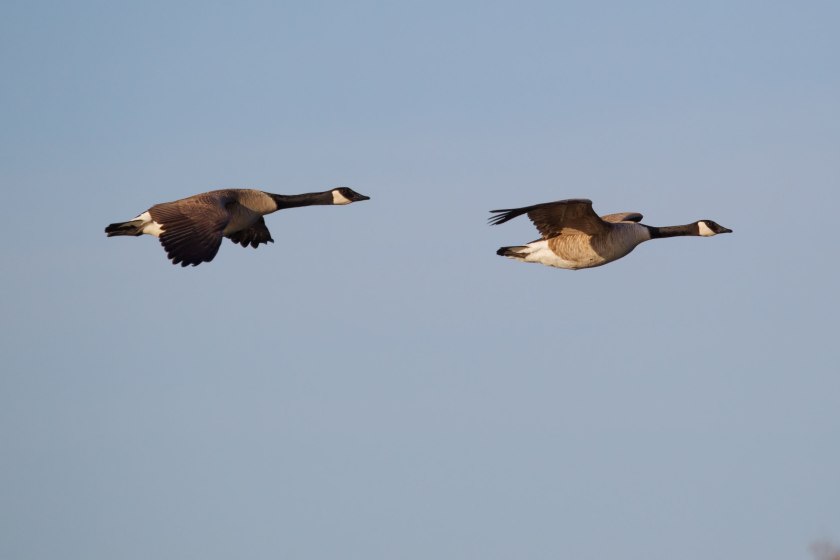
Highly-pathogenic bird flu has been found in three wild birds in Gloucestershire, leading to further calls for farmers to ensure good biosecurity measures.
The H5N8 strain was discovered in 1 Canada Goose and 2 Greylag Geese near Stroud, the Animal and Plant Health Agency (APHA) said on Tuesday (10 November).
Authorities are now investigating whether this latest case is related to the recent highly-pathogenic H5N8 outbreak in broiler breeder chickens in Cheshire.
APHA did confirm, however, that the Gloucestershire case is unrelated to the outbreak of low-pathogenic H5N2 strain of bird flu in Kent.
The government raised the risk level for avian influenza in wild birds from 'medium' to 'high' last week.
The risk level for the disease being introduced to poultry premises in Britain was also raised from ‘low’ to ‘medium’.
APHA said in a statement: "If you find dead wild waterfowl (swans, geese or ducks) or other dead wild birds, such as gulls or birds of prey, you should report them to the Defra helpline 03459 33 55 77.
"The risk of introduction to individual premises depends upon the level of biosecurity implemented on a premises to prevent direct or indirect contact with wild birds.
"We’re taking immediate and robust action and an investigation is underway to understand the origin of the disease.
"Public Health England advises that the risk to the public’s health is very low."
It comes as the European Centre for Disease Prevention and Control (ECDC) urged European countries to ramp up farm biosecurity and wild bird testing.
Dutch and German authorities ordered fresh culls last week following new outbreaks of highly pathogenic bird flu on poultry farms.
The ECDC said: "Northern and eastern Europe are likely to be the most vulnerable to new outbreaks given past experience.
"When HPAI was detected in the same area of Russia in the summers of 2005 and 2016, epidemics followed in northern and eastern Europe."
